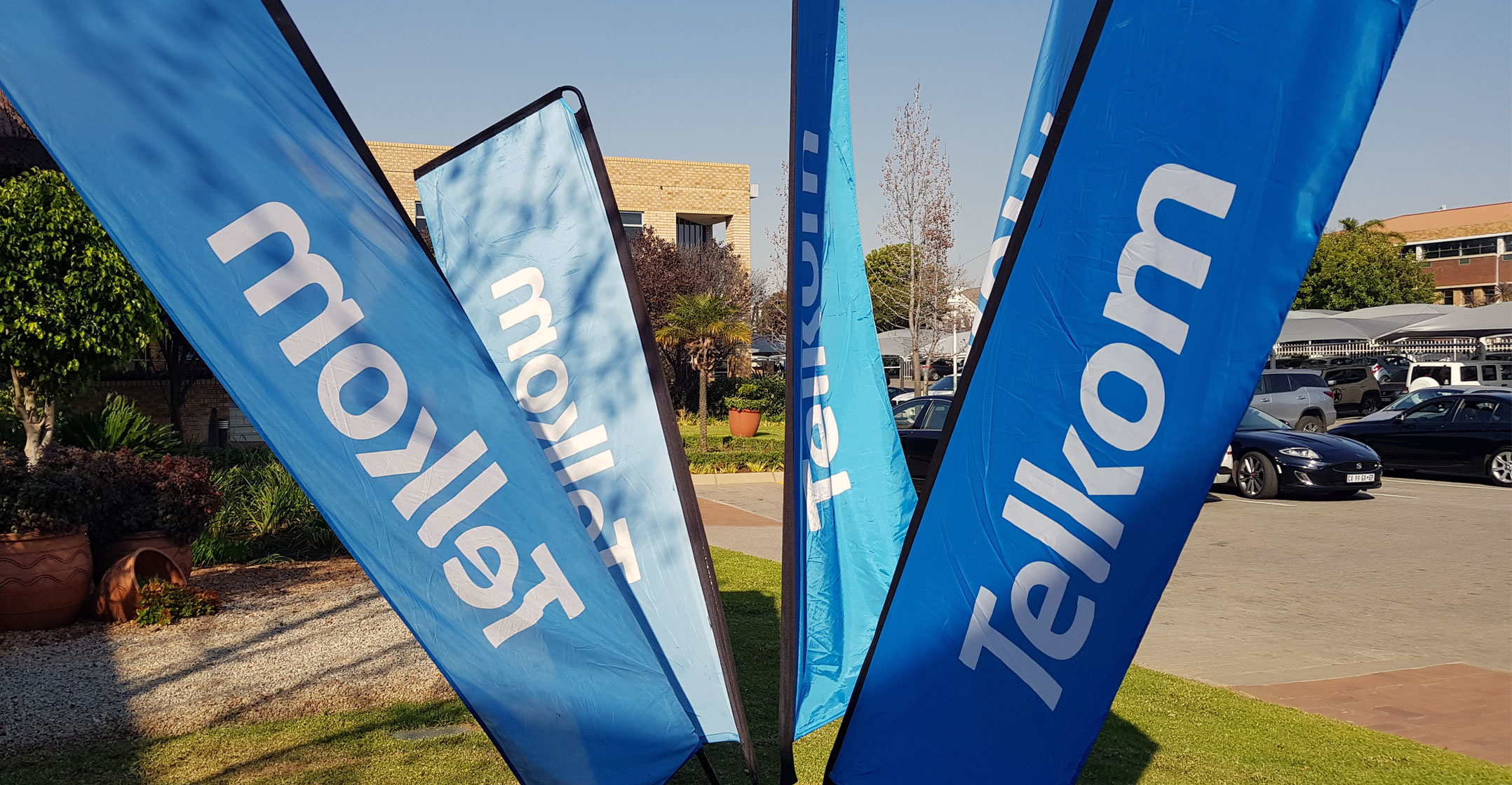 Telkom said on Monday that it expects that the “parties involved” will have considered the newly announced, much-expanded roaming agreement between Cell C and MTN South Africa “in the context of the discussions with Telkom”.
Telkom said on Monday that it expects that the “parties involved” will have considered the newly announced, much-expanded roaming agreement between Cell C and MTN South Africa “in the context of the discussions with Telkom”.
Telkom’s share price fell more than 5% on the JSE on Monday morning after Cell C and MTN said they had signed the new roaming agreement, potentially making it more difficult for it to follow through with a possible acquisition of Cell C, announced on Friday.
But Telkom appears to have no intention of walking away from Cell C in light of Monday’s developments.
“Telkom notes the decision between Cell C and MTN to conclude a roaming agreement which remains subject to conditions,” it said in response to an e-mailed question from TechCentral about whether it would challenge the agreement at a forum such as the Competition Commission or communications regulator Icasa. Telkom didn’t respond directly to the question asked.
MTN and Cell C have said the deal has been carefully constructed so that it does not breach any legal or regulatory requirements. In essence, this means that MTN won’t acquire any Cell C infrastructure or spectrum, but that Cell C will roam fully on MTN’s network, obviating the need for capital expenditure in its own access network.
Gearing
Telkom said its potential acquisition of Cell C would be “subject to Cell C completing a financial restructuring to ensure that its gearing levels are reduced to a sustainable level as specified by Telkom and commercial contractual relationships are renegotiated to terms acceptable to Telkom”.
Cell C remains locked in negotiations with the Buffet Consortium with the view to a recapitalisation of the business that will likely lead to a dilution of existing shareholders, including the largest, 45% holder Blue Label Telecoms.
Telkom’s discussions with Cell C are still at a preliminary stage.
The Cell C and MTN deal is subject to “conditions precedent”, the companies said. However, Cell C on Monday said it couldn’t say what these conditions were. “The conditions precedent are commercially sensitive and therefore not suitable for disclosure,” a spokeswoman told TechCentral via e-mail. — (c) 2019 NewsCentral Media




